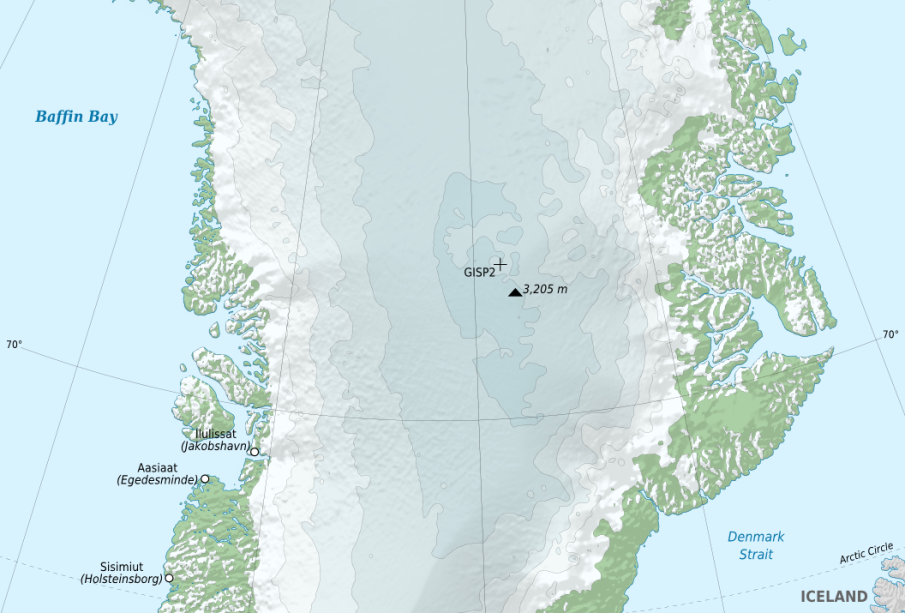The Greenland Ice Sheet: Unprecedented Melting and Its Implications

Introduction
The Greenland Ice Sheet plays a critical role in Earth’s climate system and significantly influences global sea levels. As climate change accelerates, the ice sheet’s rapid melting has become a focal point for scientists and policymakers alike. Understanding the implications of this phenomenon is essential for preparing for future environmental challenges.
Current State of the Greenland Ice Sheet
Recent studies indicate that the Greenland Ice Sheet is experiencing an alarming rate of melting. According to satellite data from NASA and other research agencies, the ice sheet has been losing an average of 279 billion metric tons of ice annually since 2000. Warming temperatures, coupled with changes in atmospheric and oceanic conditions, are causing both surface melting and ice loss from below.
Significant Events and Findings
In the summer of 2022, the Greenland Ice Sheet faced one of its highest melting seasons on record, triggering fears about rising sea levels. Notably, the Jakobshavn Glacier, one of the largest outlet glaciers on the island, has been retreating rapidly, contributing significantly to the overall ice loss. Researchers have found that as the glacier moves faster, it releases additional ice that was previously held back.
A recent report from the Intergovernmental Panel on Climate Change (IPCC) also highlights that sea levels could rise by up to 1 meter by 2100 if current warming trends continue, primarily due to the shrinking of the Greenland Ice Sheet, in addition to other factors.
Implications for Global Sea Levels and Climate
The repercussions of the Greenland Ice Sheet’s melting extend beyond local ecosystems. For coastal communities worldwide, even a modest increase in sea levels poses significant risks, including flooding, erosion, and damage to infrastructure. Scientists warn that continued melting could displace millions of people and lead to economic instability in vulnerable regions.
Conclusion
As the Greenland Ice Sheet continues to melt at an unprecedented rate, the urgency to address climate change becomes more pronounced. Policymakers and scientists are calling for immediate action to mitigate greenhouse gas emissions and explore adaptation strategies. The future of coastal areas hangs in the balance, emphasizing the need for collective global action to protect our planet and its inhabitants from the potential consequences of a warming world.









